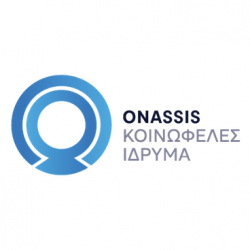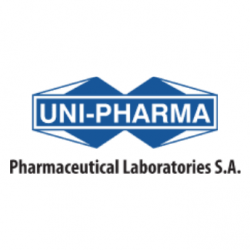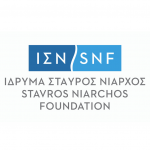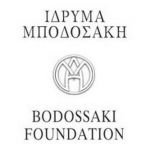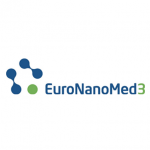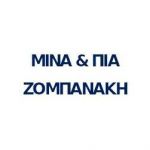Nursing School
Director: Professor C. Pantos
Content
• Basic principles of pharmacology - pharmacokinetics and pharmacodynamics • Pharmacology of the cardiovascular, respiratory, gastrointestinal, endocrine, autonomic and central nervous systems • Drugs for the treatment of anemias • Drugs in allergic conditions • Pharmacology of pain and inflammation • Anaesthetic Agents • Antineoplastic drugs • Chemotherapy of infections • Drugs in special populations and comorbidities • Principles of prescription • Pharmacovigilance • Principles of pharmacoeconomics.
Clinical practice, in collaboration with the Nursing School, in hospitals of Attica. The aim is to familiarize with the prescription, preparation of solutions and other forms of pharmaceutical preparations and the administration of drugs in various pharmaceutical forms, as well as the principles of clinical efficacy and the occurrence of side effects.
Learning Objectives
Students should: (1) describe the basic concepts of pharmacology, be familiar with terminology and distinguish between pharmacological terms, (2) be familiar with drug classification and naming systems, and understand the differences between routes of administration (3) know and describe the importance in clinical practice of the basic pharmacodynamic and pharmacokinetic properties, (4) describe and recognize side effects and interactions of the main drugs, (5) know the principles of pharmacoeconomics, (6) understand and describe differences in drug delivery in special populations and in patients with underlying diseases (comorbidities), (7) monitor the patient's response to medication and (8) understand the reasons and principles of dosing adjustment (9) understand the principles of safe administration and evaluate drug handling and management issues.

